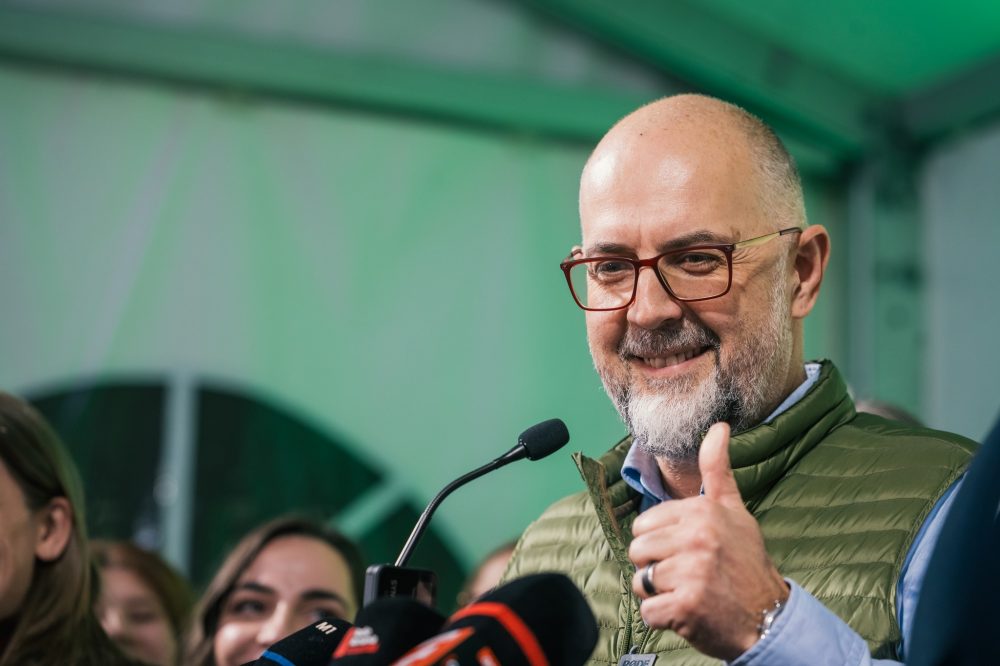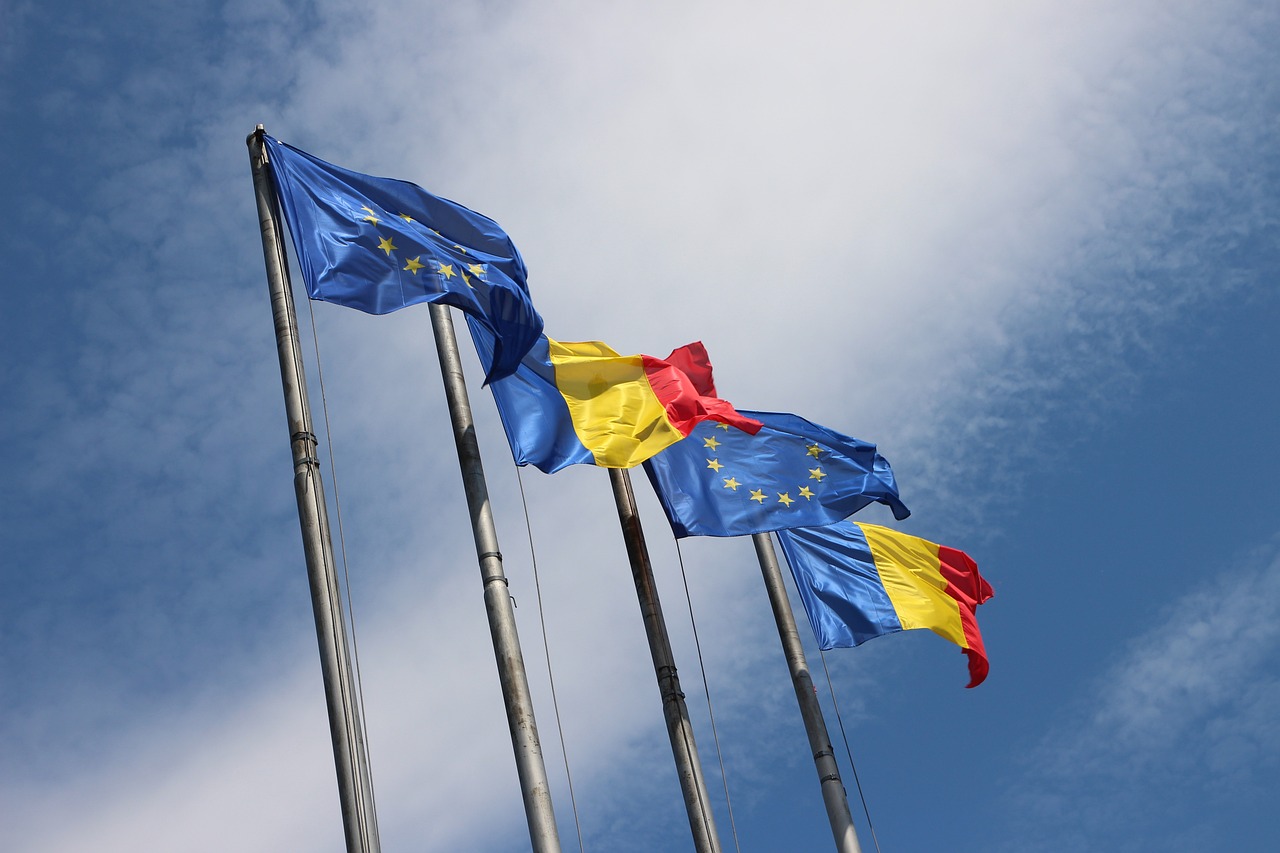
Compromises with the nationalist parties are unthinkable, and alliances across ideological divides may be necessary.Continue reading

Romania faces a deepening constitutional and political crisis after ultra-nationalists made significant gains in recent elections. Their unexpected success has challenged the political landscape, sparking debates on how pro-European parties can counterbalance their rise, reports Új Magyar Szó.
The crisis stems from a controversial presidential election process that left Romania without clear leadership. Amid growing uncertainty, pro-European parties, including the Social Democratic Party (PSD), the National Liberal Party (PNL), the Save Romania Union (USR), and the Democratic Alliance of Hungarians in Romania (RMDSZ), have pledged to nominate a joint candidate.
A person well-versed in politics, accepted by all parties, capable of evoking emotions, participating in debates, and possessing the necessary skills to be the President of Romania,”
RMDSZ’s leader Hunor Kelemen said, outlining the ideal candidate profile.
Potential candidates include academic Daniel David, rector of Babeș-Bolyai University, and politicians Daniel Funeriu, Theodor Paleologu, and Crin Antonescu. Mr. Kelemen noted these individuals’ “intellectual, human, and political qualities,” though he admitted no discussions with them had taken place.
Political experts emphasize the difficulty of uniting diverse voter bases. Sociologist Vladimir Ionaş told Maszol that selecting a common candidate requires “a very thorough analysis” due to differences between the Social Democratic Party, National Liberal Party, Save Romania Union, and Democratic Alliance of Hungarians in Romania voter expectations.
Meanwhile, political scientist Andrei Țăranu highlighted Victor Negrescu, a PSD MEP, as a younger politician with the knowledge and campaign skills to navigate the complexities.
Hunor Kelemen proposed fast-tracking the election process, with the first round on March 16 and the second on March 30 in 2025. He stressed that a coalition agreement should include a timeline and that the joint candidate must be chosen quickly, “preferably before the end of the year.”
This approach aims to restore stability, but challenges remain in uniting the coalition to counter the ultra-nationalists’ growing influence.
Via maszol.ro; Featured Image: Pixabay